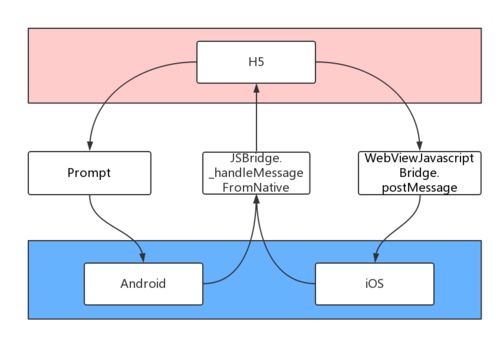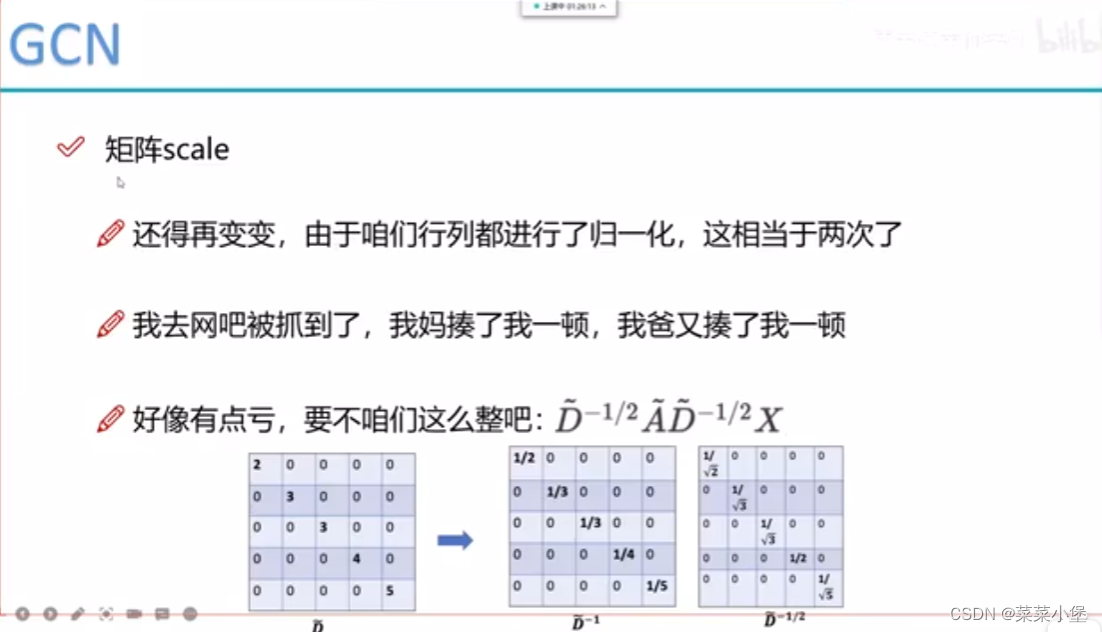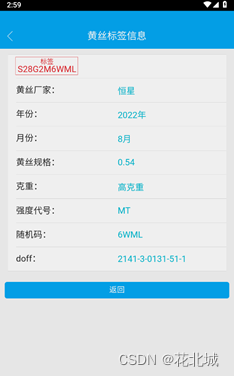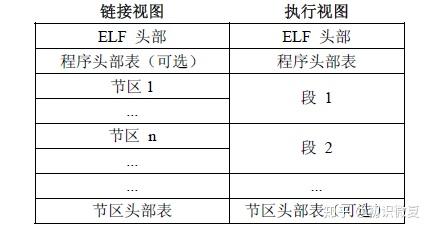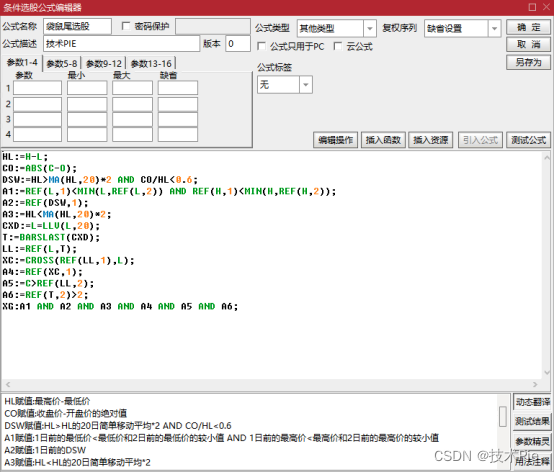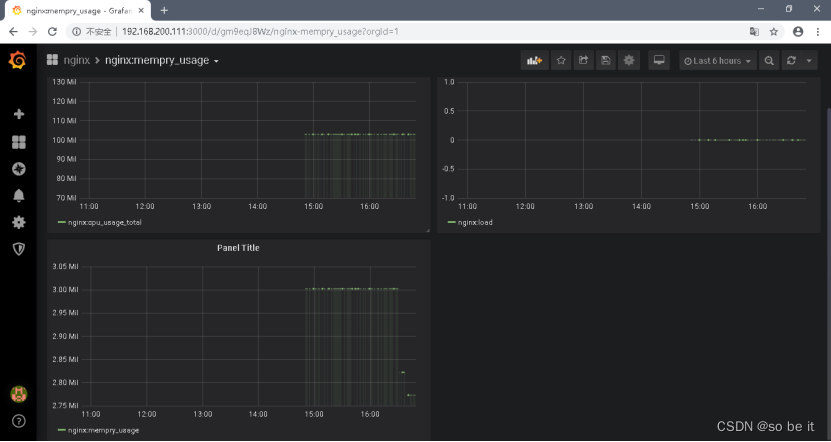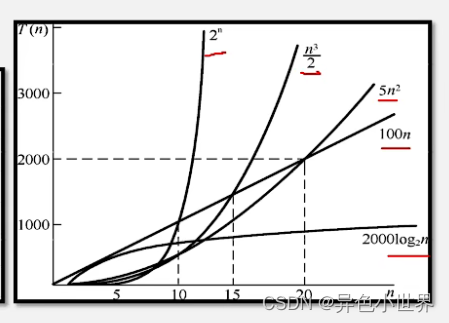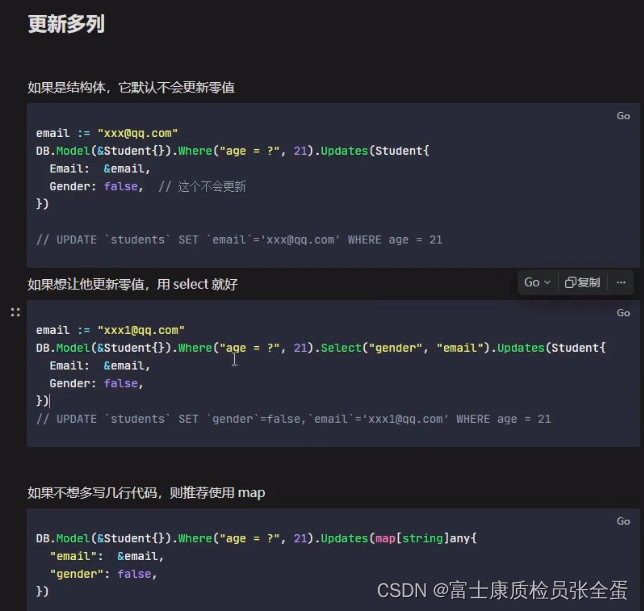定义于头文件 <sstream>
| template< class CharT, |
std::basic_stringbuf 是关联字符序列为内存常驻的任意字符序列的 std::basic_streambuf 。能从 std::basic_string 的实例初始化它,或将它做成该类的实例。
std::basic_stringbuf 的典型实现保有一个 std::basic_string 类型对象,或等价的可伸缩序列容器作为数据成员,并将它同时用作受控制字符序列(为 std::basic_streambuf 的六个指针所指向的数组)和关联字符序列(所有输入操作的字符源和输出操作的目标)。
另外,典型的实现保有一个 std::ios_base::openmode 类型的数据成员,以指示流的状态(只读、只写、读写、尾端写等)。
| 若 overflow() 使用过分配策略,则可存储另外的高水位指针,以跟踪最后初始化的字符。 | (C++11 起) |
亦提供二个对常用字符类型的特化:
| 类型 | 定义 |
stringbuf | basic_stringbuf<char> |
wstringbuf | basic_stringbuf<wchar_t> |
受保护成员函数
用绝对寻址,重定位输入序列、输出序列或两者中的下一位置指针
std::basic_stringbuf<CharT,Traits,Allocator>::seekpos| protected: virtual pos_type seekpos(pos_type sp, std::ios_base::openmode which = std::ios_base::in | std::ios_base::out ); |
若可能,则重寻位 std::basic_streambuf::gptr 和/或 std::basic_streambuf::pptr 到 sp 所指示的位置。
等效地执行 seekoff(off_type(sp), std::ios_base::beg, which) 。
参数
| sp | - | 流位置,例如由 seekoff() 或 seekpos() 获得者 | ||||||
| which | - | 定义影响的是输入序列、输出序列或两者。它能为下列常量之一或其组合:
|
返回值
成功时为 sp ,失败时为 pos_type(off_type(-1)) 。
注意
seekpos() 为 std::basic_streambuf::pubseekpos() 所调用,它又为 std::basic_istream::seekg() 和 std::basic_ostream::seekp() 的单参数版本所调用。
调用示例
#include <sstream>
#include <string>
#include <iostream>
// typedef basic_stringbuf<char> stringbuf;
struct mybuf : std::stringbuf
{
mybuf(const std::string& new_str,
std::ios_base::openmode which =
std::ios_base::in | std::ios_base::out)
: std::stringbuf(new_str, which) {}
pos_type tellp()
{
char ch = *pptr();
return ch;
}
pos_type tellg()
{
char ch = *gptr();
return ch;
}
pos_type seekpos(pos_type sp, std::ios_base::openmode which)
{
std::cout << "Before seekpos(" << sp
<< "), size of the get area is "
<< egptr() - eback() << " with "
<< egptr() - gptr()
<< " read positions available" << std::endl;
pos_type rc = std::stringbuf::seekpos(sp, which);
std::cout << "seekpos() returns " << rc
<< ".\nAfter the call, "
<< "size of the get area is "
<< egptr() - eback() << " with "
<< egptr() - gptr()
<< " read positions available" << std::endl;
return rc;
}
};
int main()
{
mybuf buf("12345");
std::iostream stream(&buf);
stream.seekg(2);
return 0;
}
非成员函数
特化 std::swap 算法
std::swap(std::basic_stringbuf)| template< class CharT, class Traits, class Alloc > void swap( std::basic_stringbuf<CharT,Traits,Alloc>& lhs, std::basic_stringbuf<CharT,Traits,Alloc>& rhs ); | (C++11 起) |
为 std::basic_stringbuf 特化 std::swap 算法。交换 lhs 与 rhs 的内部状态。等效地调用 lhs.swap(rhs) 。
参数
| lhs, rhs | - | 要交换状态的 std::basic_stringbuf 对象 |
返回值
(无)
调用示例
#include <sstream>
#include <string>
#include <iostream>
int main()
{
std::basic_stringbuf<char> one("one", std::ios_base::in
| std::ios_base::out
| std::ios_base::ate);
std::basic_stringbuf<char> two("two", std::ios_base::in
| std::ios_base::out
| std::ios_base::ate);
std::cout << "Before move, one = \"" << one.str() << '"'
<< " two = \"" << two.str() << "\"" << std::endl;
//为 std::basic_stringbuf 特化 std::swap 算法。
//交换 lhs 与 rhs 的内部状态。等效地调用 lhs.swap(rhs) 。
std::swap(one, two);
std::cout << "After swap, one = \"" << one.str() << '"'
<< " two = \"" << two.str() << "\"" << std::endl;
return 0;
}




